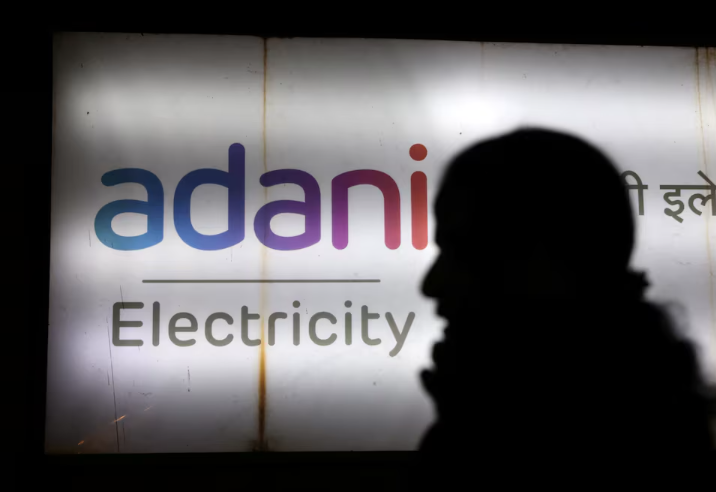Uruguayans head to the polls today in a tightly contested presidential runoff that pits center-left challenger Yamandú Orsi against center-right candidate Álvaro Delgado. Both candidates have promised stability and continuity in a nation celebrated for its progressive policies and political moderation. Final opinion polls suggest the race is neck and neck, with fewer than 25,000 votes likely separating the two, making this one of Uruguay's closest elections in recent memory.
Orsi, representing the Broad Front coalition, secured 43.9% of the vote in October’s first round. His opponent Delgado, a member of the National Party, garnered 26.8% but has since gained crucial backing from the conservative Colorado Party. Together, the two right-leaning coalitions account for nearly 42% of first-round votes, mirroring their winning strategy from the 2019 elections. With no clear-cut ideological divide, the candidates have focused on appealing to unaligned voters and those who abstained in the first round.
Both candidates have avoided sharp shifts in policy proposals, emphasizing Uruguay’s reputation for stability and moderation. Orsi, a former mayor of Canelones, promotes a “modern left” approach, leveraging the Broad Front's Senate majority to argue he can govern effectively. Delgado, meanwhile, has called for continuity, banking on the popularity of outgoing President Luis Lacalle Pou, who is barred from running for consecutive terms.
The candidates have offered little new in their campaigns to sway undecided voters, with a televised debate earlier this month reportedly having minimal impact. Voter Rosario Gusque, 42, summed up the ambivalence of many Uruguayans: "I don’t know who I’m voting for—even less so after the debate." Analysts suggest the outcome will depend on whether Uruguay’s steady economy can shield Delgado from a global trend of incumbent parties losing support amid rising inflation and living costs.
As ballot stations close later today, all eyes will be on the early results to see if Uruguay bucks this international trend. Regardless of the winner, the absence of deep ideological divides has ensured a calmer political atmosphere compared to other nations in the region. The result will determine whether Uruguayans opt for Orsi’s promise of a refreshed left or Delgado’s continuity pitch to re-elect “a good government.”





